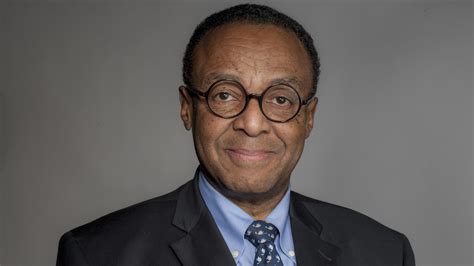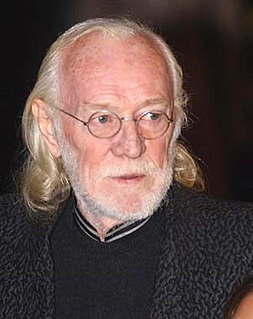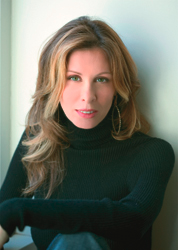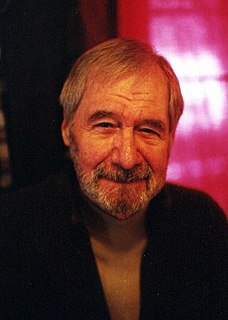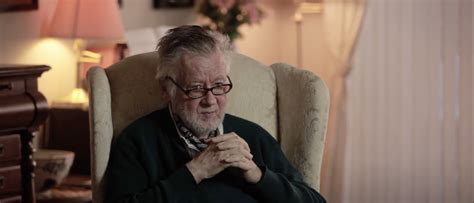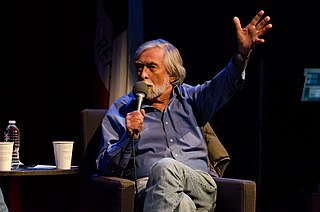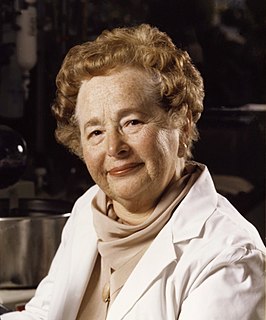A Quote by Martin Landau
If I were a writer, the Pulitzer Prize would be important to me. This is my profession, so an Oscar is important.
Related Quotes
One thing about winning a Pulitzer, it means you know what the first three words of your obituary will be: Pulitzer Prize-winner. After winning the Pulitzer, I couldn't help but notice how people suddenly looked at me with a newfound respect, and would say, "He's an expert." On the negative side, I developed a terrible case of writer's block for awhile, because I felt like readers would expect every one of my columns to be prize worthy.
When you are an historian, there's probably nothing that matters more than to be recognized by your colleagues in your own profession. I was lucky enough to win the Pulitzer Prize for History. I had to give a talk right after that to some young people. The most important thing to tell them, I think, is that you can't ever know that it's going to turn out that way.
Winning the Pulitzer is a really mellow, fabulous thing. You don't sit and wait for them to open an envelope. You already know you won, and you have a nice lunch. Oscars are more stressful. I had to sit for three hours and wait for my category. I had to fly to Los Angeles. For the Pulitzer I just had to go up to Columbia. But, while the president of Columbia gave me the Pulitzer, Audrey Hepburn and Gregory Peck gave me the Oscar, so that was better.
When I look at Perfidia, I think, "That's a Pulitzer Prize winner. That's a National Book Award winner." It's not going to get it. It's going to be shelved in crime and it's just the way it is. I've done something that no one else has ever done; I've started out as a mystery writer, a police writer, and a crime writer, and I became something entirely different.
Certainly it is valuable to a trained writer to crash in an aircraft which burns. He learns several important things very quickly. Whether they will be of use to him is conditioned by survival. Survival, with honor, that outmoded and all-important word, is as difficult as ever and as all-important to a writer.
In my career I have had many wonderful things happen to me, many more than I ever dreamed would ever happen. But I would like for you young brethren especially to know that all that has happened to me in my chosen profession is a mere drop in the bucket compared to the truly important things in my life. The testimony of the gospel of Jesus Christ that I have, along with my wife and my family, are my most important possessions.
So I think that in the beginning of your career you're just looking to work. Luckily for me, my first movie was 'Rabbit Hole' and I got to work with incredible people, a Pulitzer prize winning writer, John Cameron Mitchell, and all the actors involved. So it's tough, man, because you want to have credibility.
You can't start out at 20 in whatever your profession is and say, "I want to win an Olympic medal," or "I want to become president," or "I want to win the Pulitzer Prize." If you love what you're doing, it's sort of a nice thing that happens toward the end of your career, or in the middle of your career. It is not the reason you were doing it. The reason you were doing it is because every day you wake up in the morning and you can't wait to learn something new.
People ask me often [whether] the Nobel Prize [was] the thing you were aiming for all your life, and I say that would be crazy. Nobody would aim for a Nobel Prize because, if you didn't get it, your whole life would be wasted. What we were aiming at was getting people well, and the satisfaction of that is much greater than any prize you can get.

